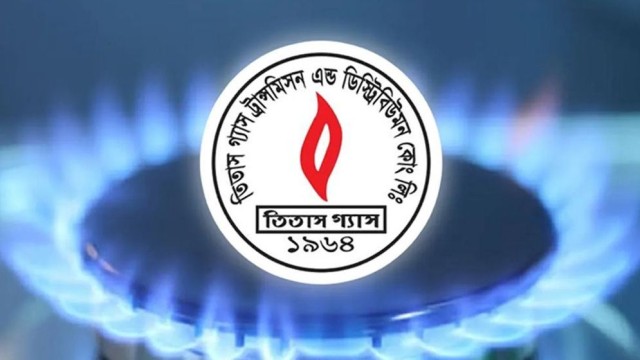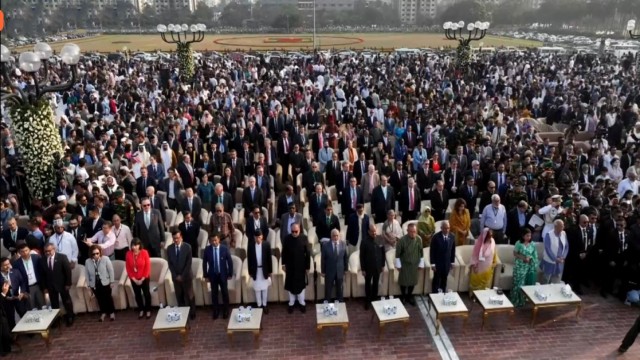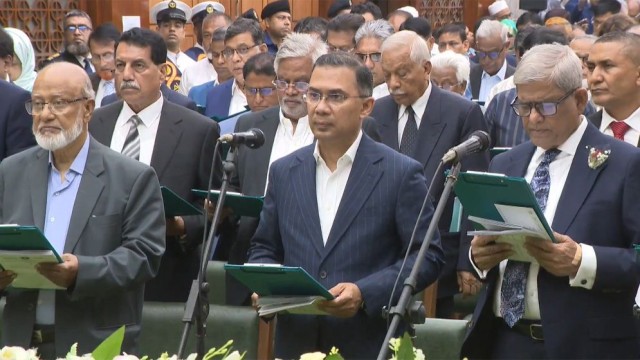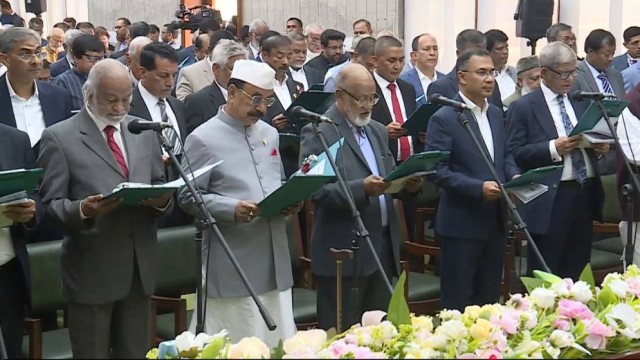Dhaka, the capital of Bangladesh, has been listed as the 9th city worldwide with the poorest air quality, registering an Air Quality Index (AQI) score of 122 as of 9 am today. The current air quality is categorized as 'unhealthy' according to the AQI standards.
The AQI scale provides insight into the cleanliness or pollution levels of a city's air and outlines potential health risks associated with different AQI ranges. Dhaka's AQI falls within the 'unhealthy' range, indicating significant pollution levels. Specifically, an AQI value between 101 and 150 is considered 'unhealthy for sensitive groups,' posing risks to vulnerable populations.
India's Delhi, Pakistan's Lahore, and Indonesia's Jakarta secured the top three positions on the list, with AQI scores of 355, 176, and 165, respectively.
The AQI in Bangladesh considers five pollutants: particulate matter (PM10 and PM2.5), NO2, CO, SO2, and ozone, providing a comprehensive assessment of air quality.
Dhaka has long grappled with air pollution issues, typically worsening during winter and improving during the monsoon season. The World Health Organization (WHO) underscores the severity of air pollution, attributing an estimated seven million deaths worldwide annually to various health complications associated with poor air quality, including stroke, heart disease, lung cancer, and respiratory infections.






























Comment: